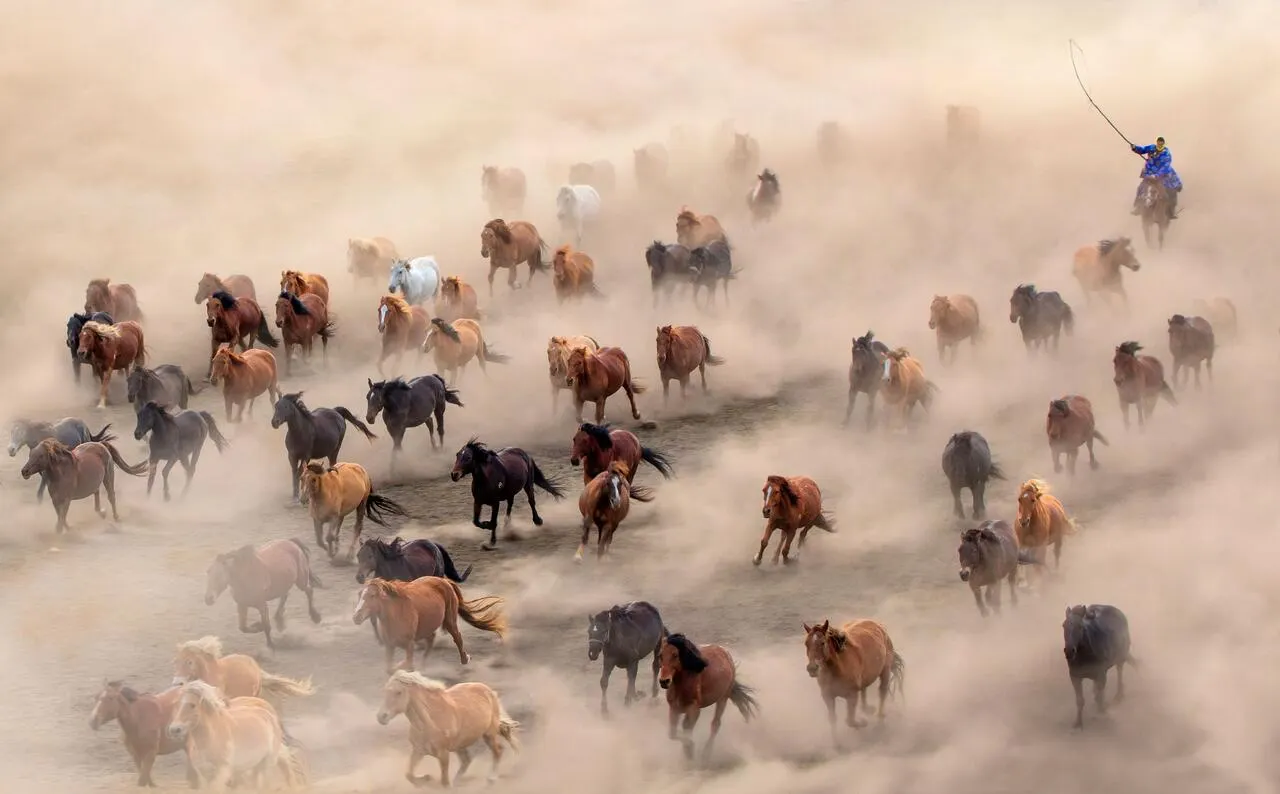As the nations of Kazakhstan and Mongolia continue their transition to market economies, increasing agricultural and economic development have threatened the emblematic rangelands of the Eurasian Steppe within their borders. These ecosystems, known for their unique biodiversity and rich cultural history of free-range and nomadic livestock production, have been thrown off balance as existing pastoral systems have been challenged by centralized agricultural policies that overlook local needs and ecological health. The effects of these changes have only been exacerbated by the impacts of climate change, such as water scarcity and desertification.
OUR APPROACH: This working group will identify the key features of resilient rangelands that support livelihoods and biodiversity through sustainable land and water management. Using participatory approaches, the group will develop scenarios for two case-study landscapes in western Kazakhstan and eastern Mongolia to then explore synergies and trade-offs, creating spatial plans and management options to guide projects and inform national policy frameworks. through the involvement of regional and national stakeholders, the group will ensure insights are practical and relevant, promoting informed decision-making for sustainable rangeland management that balances conservation and agriculture across both countries.
Team Status:

Leaders
Sonor Tserennadmid
Alyona Koshkina
Michele Bowe
Members
Zhanyl Bozayeva
Navinder Singh
EJ Milner-Gulland
Sarah Robinson
Johannes Kamp
Steffen Zuther
Adam Devenish
Serik Orazgaliyev
Viktoriya Krylova
Henryk Alff
Uyanga Ariya
Hijaba Ykhanbai
Ilya Smelansky
Gerlee Puntsag
Advisors